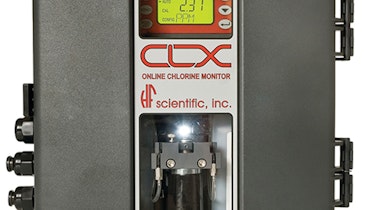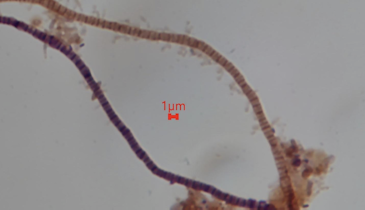This Kentucky Operator Is a Pioneer for Women in Water Treatment
Pamela Rose of Elizabethtown, Kentucky, retires after serving 24 years as a water treatment plant operator
Popular Stories
Discussion
Comments on this site are submitted by users and are not endorsed by nor do they reflect the views or opinions of COLE Publishing, Inc. Comments are moderated before being posted.





